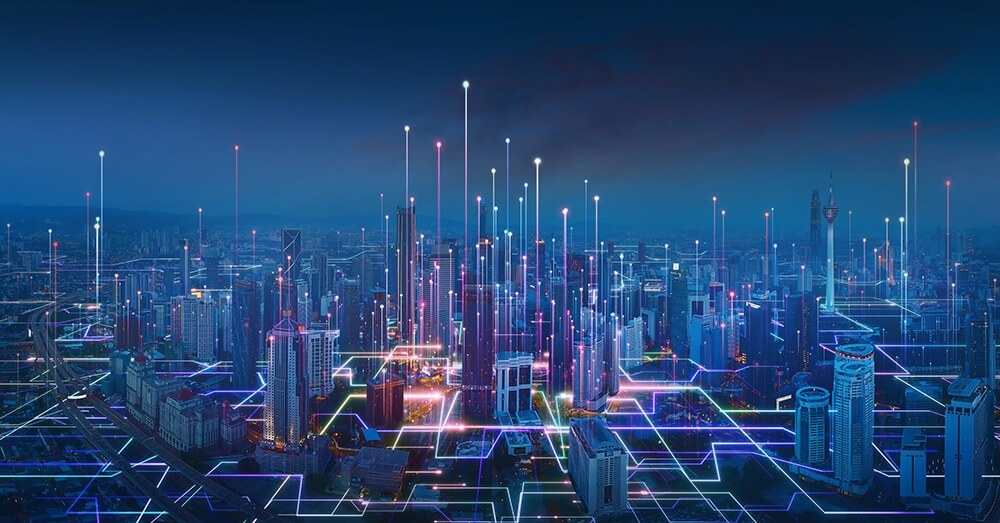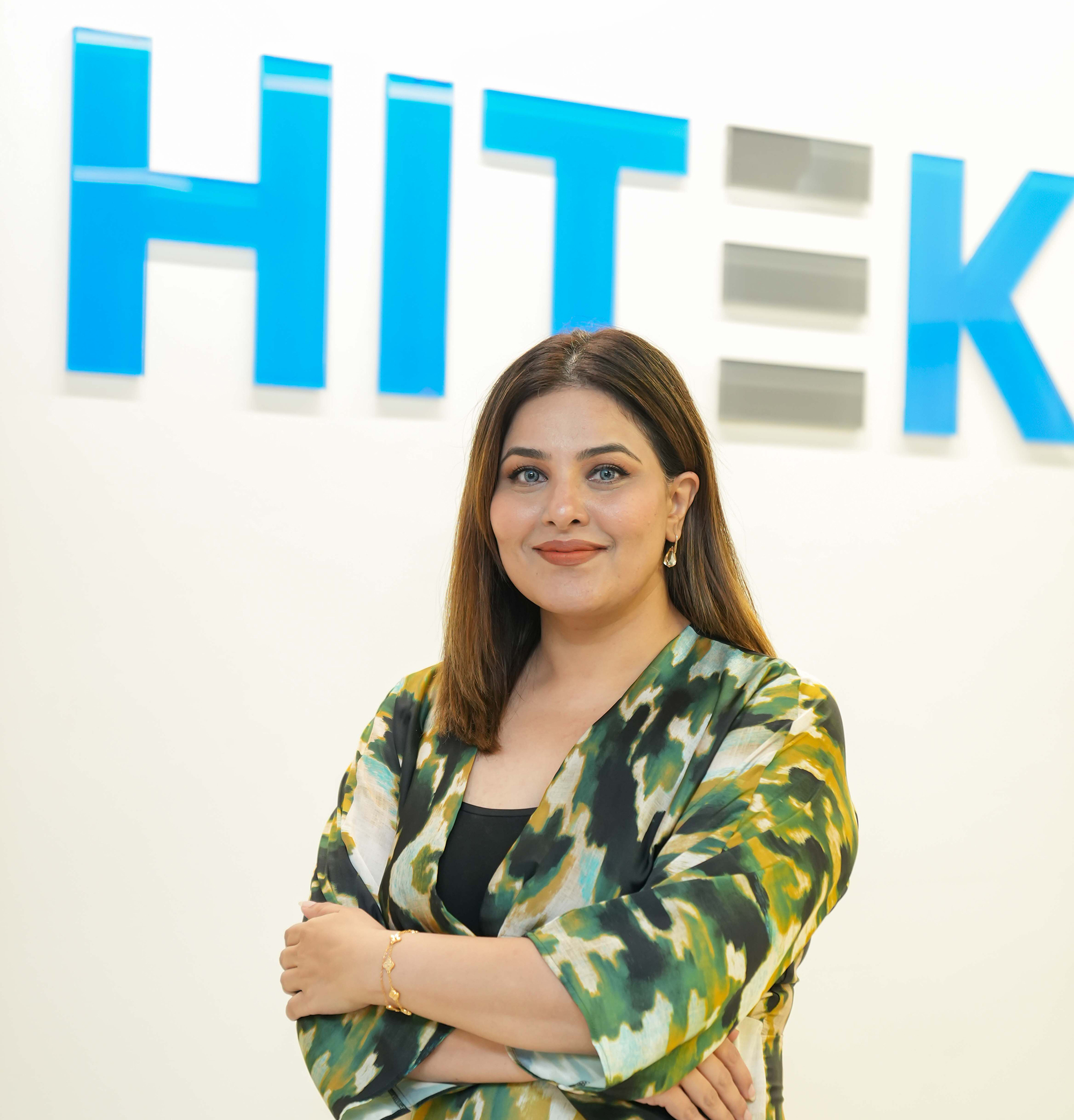Javeria Aijaz, Managing Director of HITEK (Farnek Group), shares insights on AI’s rise in Saudi FM and top tech trends for 2025.
With Saudi Arabia’s iconic and innovative giga projects becoming a reality, the kingdom’s real estate landscape is expanding at a phenomenal pace, posing challenges for building managers while offering unrivalled opportunities for progressive, technically astute FM companies and professionals.
Employing advanced technology to operate these futuristic structures will be absolutely essential. As a consequence, facility managers will need to be conversant with how these hi-tech buildings function to optimise efficiency, sustainability, and safety.
In that respect, AI can no longer be considered a far-fetched dream but a necessity to manage expectations and facilitate excellence for these smart projects and the impending rollout of Saudi’s smart cities.
AI is revolutionizing building maintenance by optimizing operations, reducing costs, and enhancing the safety and comfort of tenants. With the integration of IoT, machine learning, predictive analytics, and automation, AI offers a wide range of benefits that improve the efficiency and effectiveness of building management systems.

Here are my top five tech trends for the Saudi Arabian FM market in 2025:
1. AI-Driven Predictive Maintenance and Operations
Trend: AI-powered systems analyze real-time data from IoT sensors or Building Management Systems (BMS) to predict equipment failures and optimize operations. AI can integrate with building automation systems to control lighting, HVAC, security, and other essential services based on real-time data from sensors, weather forecasts, and occupancy patterns.
Impact: Minimizes downtime, extends asset life, and reduces operational costs.
AI-integrated systems can monitor HVAC performance to predict failures and schedule proactive maintenance. AI-powered sensors can detect drops in indoor air quality, triggering HVAC systems to increase ventilation and maintain healthy air quality, particularly important in hospitals and office buildings.
2. Smart and Green Buildings
Trend: Sustainability is integral to Saudi Vision 2030. Smart technologies optimize energy usage, water consumption, and waste management, aligning with green building standards and helping to achieve Net Zero targets.
Impact: Reduces carbon footprints and promotes energy efficiency.
Automated lighting and HVAC systems routinely adjust based on occupancy levels and real-time environmental conditions.
3. Digitalisation and Smart HSEQ Management
Trend: During the construction of Saudi’s giga projects, health and safety issues demand AI-based digital tools to revolutionize HSEQ processes by automating compliance tracking, audits, and incident reporting. AI can analyze historical data—such as workplace accidents, employee health records, and environmental factors—to predict potential hazards before they occur. By identifying patterns and associated risks, AI helps organizations take preventative action.
Impact: Enhances safety, environmental monitoring, and regulatory compliance.
AI-powered dashboards monitor workplace safety, environmental metrics, and real-time hazard alerts. AI systems can forecast when and where accidents are most likely to occur based on historical data, environmental conditions, and employee behavior, enabling proactive measures like safety training or equipment inspections.
4. Connected Workforce with IoT and Digital Tools
Trend: IoT-enabled devices and digital platforms enhance workforce productivity and safety. Wearables and mobile apps ensure seamless task allocation and real-time communication. Wearable devices embedded with AI can monitor employees’ health and fatigue levels, as well as environmental conditions, in real time. These devices can track physiological parameters such as heart rate, temperature, and stress levels to prevent accidents caused by worker fatigue or health issues.
Impact: Increases efficiency, safety, and response times.
Mobile workforce management apps can assign tasks dynamically based on location and skill. In high-risk industries like construction or mining, AI-powered wearables can detect signs of heatstroke, excessive fatigue, or abnormal vitals and trigger alerts to supervisors or medics for immediate intervention.
5. Smart AI-Driven Sustainability Reporting
Trend: AI-powered analytical tools track energy consumption, water usage, waste management, and carbon emissions in real time, generating detailed sustainability reports.
Impact: Helps FM companies meet green building standards, reduce environmental impact, and comply with Saudi regulations.
AI systems offer practical insights to optimize energy consumption and achieve sustainability targets.
With the rapid growth of smart buildings and advances in technology, it is clear that AI will revolutionize the Saudi FM market. It is no longer an option for FM professionals; they must embrace these trends quickly or risk being left behind.

